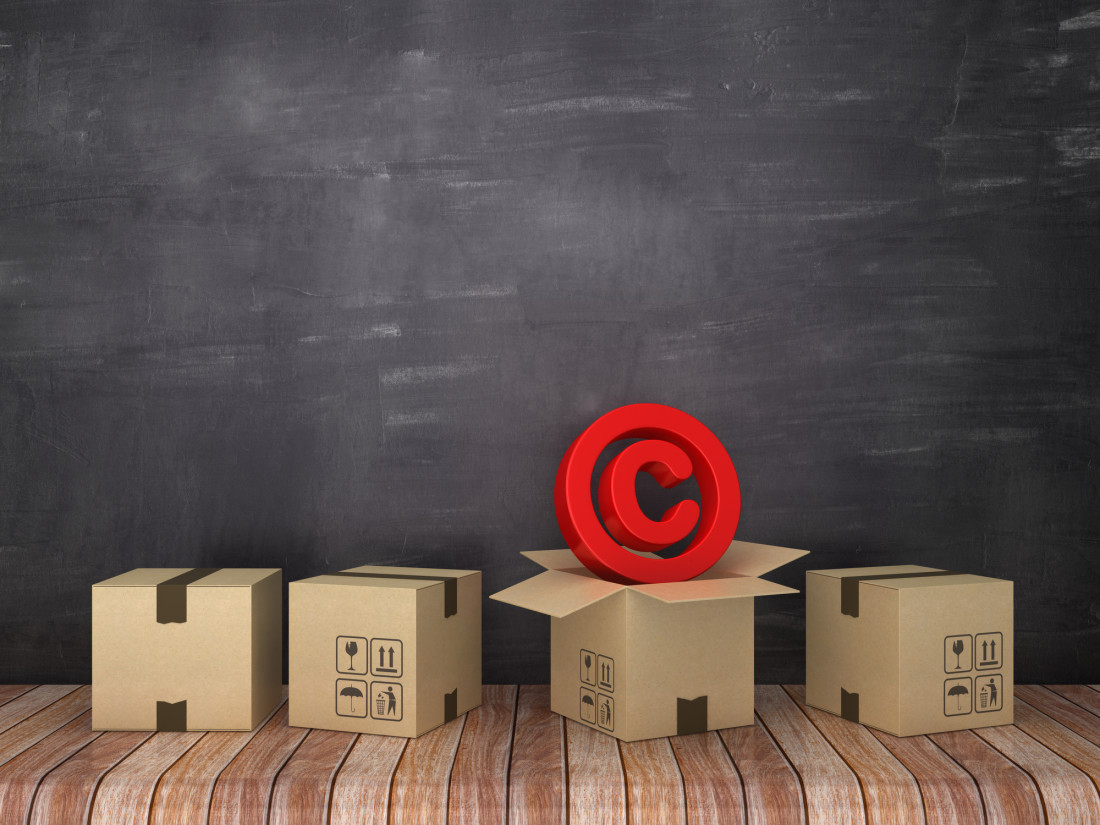
Amazon’s platform has proven profitable for myriad sellers but also for counterfeiters and other infringers of sellers’ intellectual property. Amazon has been taking affirmative steps to address the problem, but to take advantage Amazon’s tools for protecting against infringement and counterfeits, sellers must typically hold registered copyrights, trademarks and/or patents.
As a sign of the times, the online marketplace behemoth recently announced Amazon Project Zero geared towards combating intellectual property infringement by sellers on their platform. The program provides three options for intellectual property rights holders:
- Automated protections: Amazon can scan brand logos, trademarks and other key data about lawful brands and compare with scans of their repository of product listings daily to weed out suspected counterfeits.
- Self-service counterfeit removal: The self-service counterfeit removal tool allows lawful brands to remove infringers’ listings without needing to report or wait for Amazon approval.
- Product serialization: Amazon can confirm the authenticity of products purchased by scanning individual serial numbers on products sold on the platform. Under this option, a seller can ask that Amazon gives each product unit a unique code as a part of the manufacturing process for a fee of between $0.01 and $0.05 per unit.
Details are scarce and enrollment is currently invite-only. A few brands, like Vera Bradley and Thunderworks, have been invited to test out the program, but sellers can join a waitlist to enroll in any of the three options.
While this looks to be a promising start in tracking products and rooting out copyright, trademark and patent infringement on the site, it remains to be seen the extent of the impact Project Zero will have. And, the company continues to look for new ways to prevent infringement. Reports of another Amazon idea involve the company’s program to offer third party lawyers to sellers claiming utility patent infringement. According to Endgate, for a mere $4,000 deposit, the lawyer match program will find a neutral, third-party lawyer to help settle utility patent violations, or remove the accused’s product from Amazon. Details are not yet clear.
What is clear is that Amazon is taking intellectual property rights seriously and is anxious to find a solution. Regardless, the first step in protecting your copyright, trademarks and patents is to make sure you have appropriate registrations on your work. Registration can open up your remedies options when infringement occurs. At a minimum, even if you have not yet obtained trademark or copyright registration, putting others on notice of your intellectual property rights with a simple © or ™ opens doors to protecting your property. Finding an intellectual property attorney at GSB can guide you in the right direction and enforce your rights.